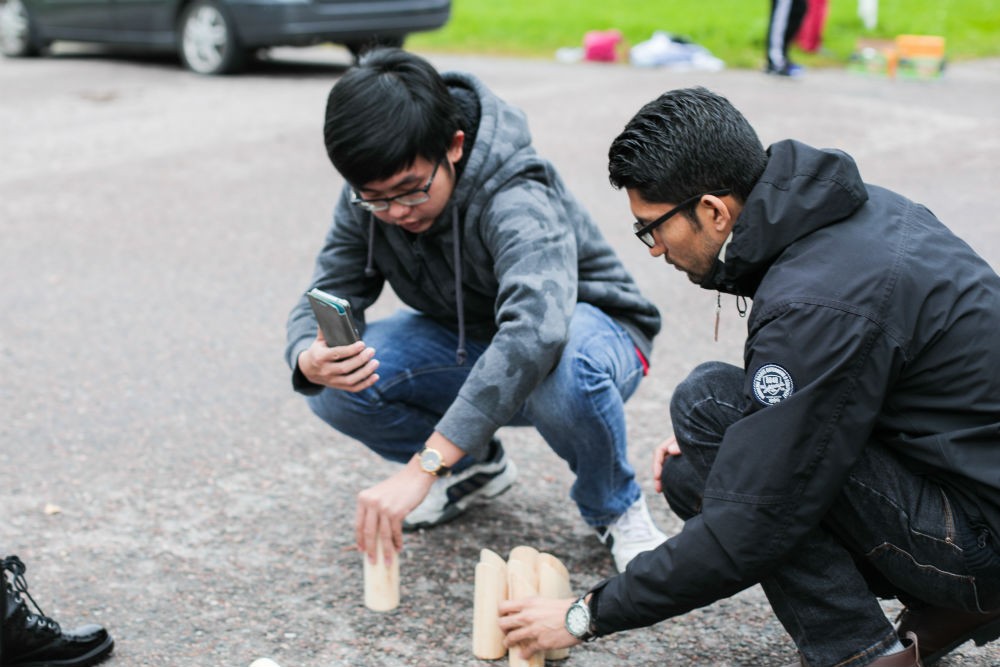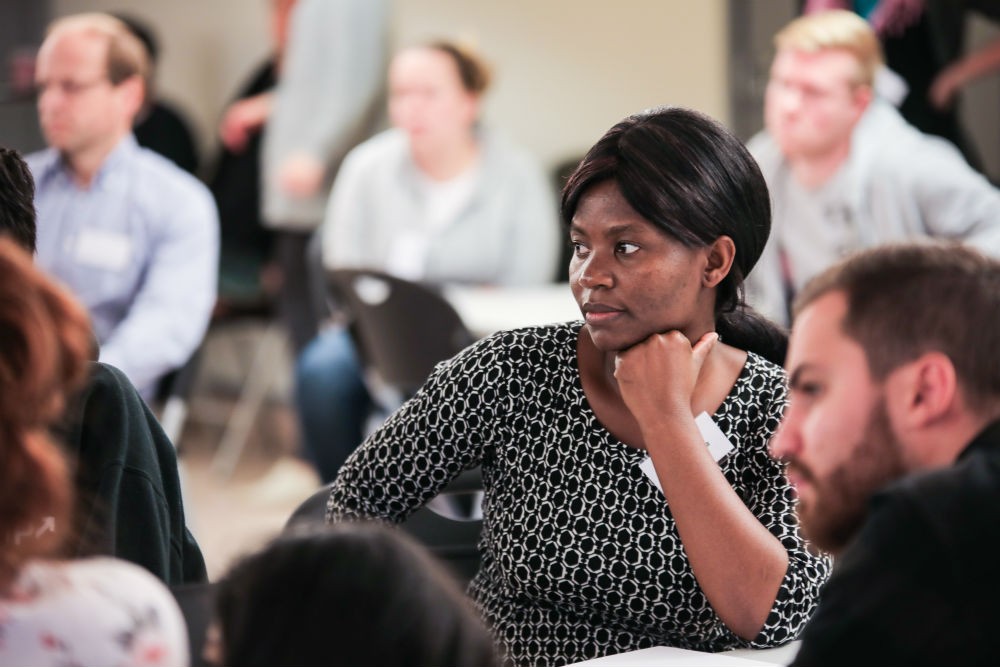We live in a society that is changing faster than we can imagine, and although we often talk about corporations needing to adapt and become more “startup” like, perhaps one group should pay even more attention – public sector.
Unfortunately – politics, bureaucracy and just sheer size most often gets in the way. Still, what would happen if it did not have to be that way? What would happen if cities operated as startups?
Imagine a city, which can get you a place to live if you pitch to them, or one that hosts a hackathon to develop solutions for a newly built school or one, that lets its citizens participate in every part of the development.
Sounds far-fetched, but this is exactly what a small city in Finland did over the course of a weekend this October. Tuusula, not far from Helsinki, Finland, held a hackathon with a goal to let its citizens develop services for their upcoming school. That was the beginning, but what happened – was a whole lot more than that.

Normally, a hackathon consists of developers, designers, entrepreneurs. This hackathon, however, also had elderly citizens, concerned parents, a school principal, a local entrepreneur and much more. Together, they not only decided to change many services in the municipality but also showed what else can and should be done.
The hackathon gave the community a completely new way to interact with the municipality. On the one hand, the city showed that they are open to new ideas and are ready to implement the best ones. On the other hand, the citizens were motivated to hack the problems they currently have in their town and make it a better place to live in.
From a booking-app that allowed anyone in town to become an entrepreneur, to a “skype-for-cities” informational wall, to an app that educates kids on their way to school – these were just some of the ideas implemented during the hackathon and have been taken forward by Tuusula. Even the mayor got involved over the weekend.
Yet it was not just the results that mattered – the event showed a different level of connection in the city.
One of the mentors, Jean Mauris, who now lives in Latvia – decided that he wants to move to Tuusula and made a presentation, where he pitched to the municipality why they should get him to move there.

Another concerned citizen called for a hackathon that would focus on transportation, as all current solutions that are out there, do not really take the needs of this specific municipality into account.
Going in – this was just an idea by one public official, with entrepreneurial experience. They did not know what would happen but decided to take the risk.
“I wanted to show that a medium size town from Finland, Tuusula, can be as agile as a startup.” – Markko Kauppinen, Business Development unit of the city of Tuusula.
In the end – they received working solutions to their problems, better connection to existing ones and so much more.
“Hackathon is a great tool for innovation and many companies have realised that. When municipality realises that hackathon is the way to solve community problems, it is a real step forward,” – says Jean Mauris, serial entrepreneur, mentor and jury member.
Perhaps, this story might seem overly positive to you, and we do recognize that the real challenge is still ahead – making sure products are implemented and used by the community. Yet, just being there showed how much a city can really connect – if the right tools are provided. We hope many more cities will follow – and perhaps even whole countries. It is time to stop simply encouraging and supporting disruption and innovation by talking about it, it is time to start bringing it to your own homes and public organizations by following the Tuusula example.





